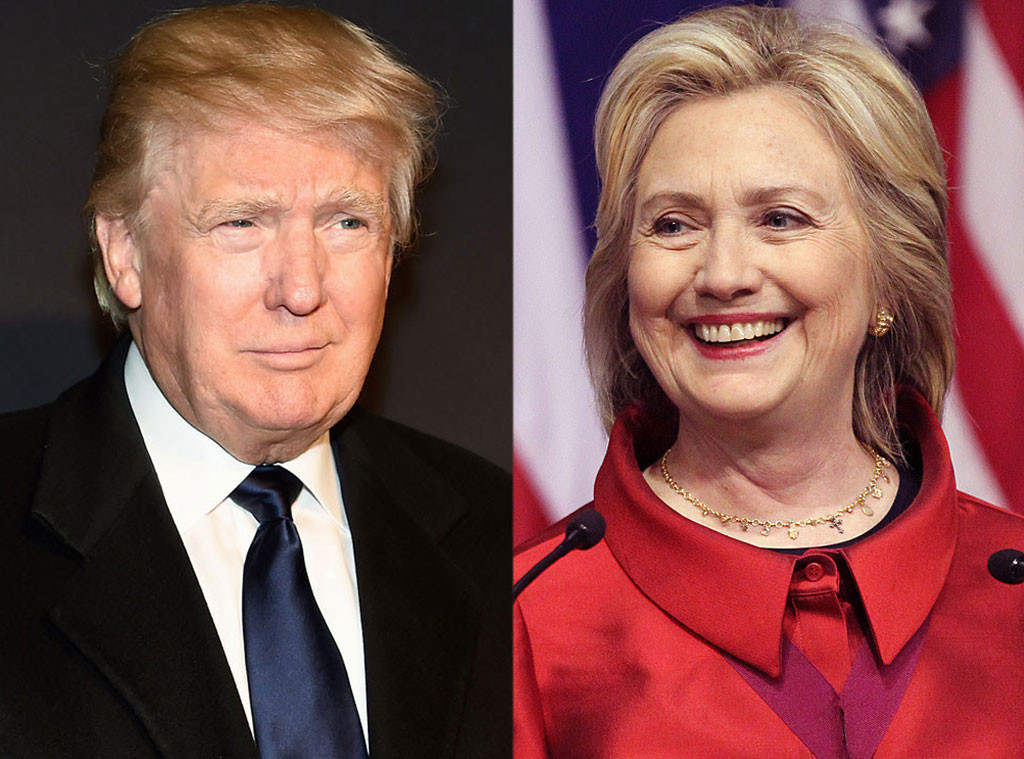By:
It is what he didn’t say that raises disturbing questions about the process. Why didn’t the Justice Department seek to enforce the subpoena it apparently had issued, rather than seek a search warrant? Was this consistent with the “standard practice” Mr. Garland articulated in his statement—“to seek less intrusive alternatives to a search” whenever possible?
Why was the matter handled so differently from the prior investigations of Sandy Berger and Hillary Clinton, who were also suspected of mishandling classified material? Mrs. Clinton herself mocked that question by sporting a baseball cap with the logo “But her emails.”
Her hat is intended to deride the argument made by Trump supporters and some civil libertarians that the investigation of Mr. Trump’s alleged security breaches should be evaluated against the way in which earlier cases were handled. Berger and Mrs. Clinton were suspected of mishandling confidential materials—he by removing them from the National Archives in 2005, she by transmitting them over her private email server while serving as secretary of state. Berger was administratively fined, and Mrs. Clinton was rebuked by James Comey, then director of the Federal Bureau of Investigation, which might have cost her the 2016 election. But neither was subjected to broad search warrants or criminal prosecution.
Those who reject this comparison accuse those who make it of “whataboutism.” But treating like cases alike is crucial to the equal protection of the laws. The way in which Berger and Mrs. Clinton were treated is highly relevant in determining whether Mr. Trump is being subjected to a double standard of justice.
The facts, especially the degrees of culpability, may be different; and if so, that would provide a good answer to the “what about” question. But if the facts are similar and the treatment is different, Americans are entitled to ask whether this constitutes the even application of the law that Mr. Garland promised. The shoe must fit comfortably on the other foot if justice is to be done and seen to be done. There can’t be one rule for Democrats and another for Republicans.
So the question “What about her emails?” is an appropriate one. Mocking it is no answer. Neither is the cliché “two wrongs do not make a right.” A second wrong doesn’t justify or excuse the first, but unequal treatment of two comparable wrongs should raise concerns about fairness and equality. Unequal treatment of two equal wrongs is a third wrong.
The “whataboutism” argument applies as well to the manner in which Trump loyalists such as Peter Navarro, Roger Stone and Paul Manafort were arrested. In comparable cases involving similar charges, the defendants weren’t handcuffed, shackled or subjected to restraints generally reserved for those who pose a risk of violence or flight.
“Whataboutism” is a new word for an old idea. There’s a 19th-century Yiddish expression: “a for-instance is not an argument.” Yet sometimes it is. If a pattern of nonenforcement can be demonstrated—as with the Logan Act, under which nobody has been prosecuted since 1852—it will be difficult to prove equal justice if it is suddenly and selectively invoked to target a political enemy. If, on the other hand, violation of the Classification or Records Acts were routinely prosecuted and alleged violators subject to a search warrant, then the case for equal application of the law will have been made.
Perhaps presidents should be treated differently. It is often argued that presidents aren’t above the law, but neither are they beneath deserving fair treatment, as Bill Clinton can attest. Mrs. Clinton should take off her hat. Just as her actions don’t excuse Mr. Trump’s, his don’t excuse hers. Her treatment of the emails and server were wrong even if they didn’t constitute a crime. Mr. Trump’s removal of possibly classified information might have been wrong too. Such two wrongs should encourage Congress to tighten up the laws governing such information and the Justice Department to enforce them equally and fairly, as Mr. Garland assured us it does.
But until Mr. Garland fully and specifically answers the hard questions about what appears to be unequal application of rules and practices, “what about her emails?” will be a pertinent question.
Mr. Dershowitz is a professor emeritus at Harvard Law School and author of “The Price of Principle: Why Integrity Is Worth the Consequences.”
To see this article and subscribe to others like it, choose to read more.
 Listen Online
Listen Online Watch Online
Watch Online Find a Station in Your Area
Find a Station in Your Area










 Listen Now
Listen Now Watch Online
Watch Online
